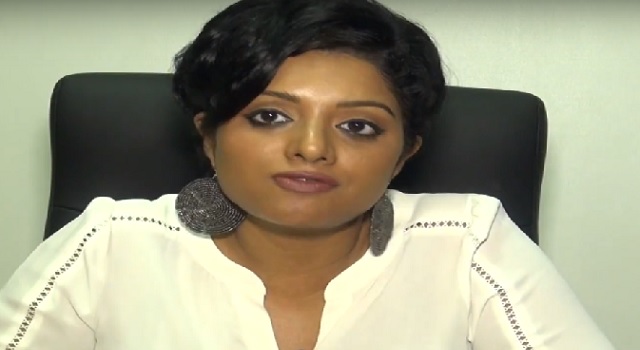
Kampala, Uganda | JULIUS BUSINGE | Rashmi Pillai is the programs director at Financial Sector Deepening Uganda (FSDU). She spoke to The Independent’s Julius Businge about the recently held Financial Inclusion Week and related sector issues.
What was the financial inclusion week about?
The Financial Inclusion Week begun as a concept by a global financial organisation called Axion and it has now taken massive momentum. There are over 100 organisations that celebrate this event globally. They are committed to universal financial inclusion and are pushing the agenda of everybody’s right to financial services. This is the third financial inclusion week and theme was ‘getting financial inclusion right’. Between 2014 and 2018, the World Bank released a global survey which showed that 300 million people were included. In Uganda we note that there has been a lag between accounts being opened in banks and the usage of those accounts. The inclusion week gives opportunities to us to discuss these matters and suggest policy recommendations to relevant authorities.
Why should Ugandans celebrate financial exclusion that has reduced from 43% in 2006 to 22% in 2017?
We are definitely on the right truck. Uganda’s National Financial Inclusion Strategy says by 2022 exclusion should be reduced to 5% for adults aged 16 and above. To achieve that, players need to come up with innovative products that will reach down to the people in rural areas.
How has FSDU’s work helped here?
We work at macro-level with policy makers and regulators to be responsive to the needs of the people and the industry. We also work with industry bodies like Uganda Bankers Association, standard setting bodies in building their capacity. We also work with individual private sector like banks, mobile network operators, micro finance institutions and fin techs to see what innovative solutions can we create that excites people to join the formal financial services sector.
What is your reading about the would-be impact of the 0.5% reduction of mobile money tax on financial inclusion in Uganda?
We are glad that Parliament reduced the tax. There was an entire distortion that this tax was going to create in the mobile money business. Some people had withdrawn their money from their mobile money wallets and tried to find alternative solutions. It will take a lot more effort to win peoples’ trust even when the 0.5% takes effect. But, over time, people will come back to the system because it facilitates remote payments quickly.
How should players within the financial services sector go about the high cost of lending?
The cost to income ratio for banks is anywhere around 75% and that is high. That means the cost to serve the market is high. Banks need to understand what is driving costs high. Is it about the high compliance supervision requirements from Bank of Uganda? We at FSDU are extremely concerned with these costs and are planning to actively work with banks to see that these costs reduce. The good news now is that banks no longer have the excuse of saying they can’t go everywhere because now we have agent banking.
But many say they can’t stand the hustle of banking when they can safely keep their money home…
I think Uganda is an extremely cash driven economy. People have always had cash at home. However, the distress that banks have faced in the recent five years has eroded the trust that people had with banks. It is true the cost of basic financial services is still high. But one should know that being financially excluded makes them susceptible to all kinds of economic shocks. You may have your money at home but nobody knows your financial position and so you cannot access credit from financial institutions.
What major lessons can Uganda learn from other countries where exclusion levels are lower?
The biggest gains of financial inclusion globally over the last 10 years were recorded in China and India – which are extremely high populated countries and had high poverty levels. But as authorities worked and economies improved performance, more and more people were brought to the financial sector. What we need to think about is how we can link financial inclusion to income generating activities. We need to be thinking about new interesting types of financing models that also help people and business grow. At government level, there has to be significant investment in financial literacy, consumer protection and strengthening of the informal sector.
What’s your reading about the future of financial inclusion in Uganda in the coming few years?
I think we will have to work very hard at every single level including being open to new types of ideas that don’t risk the stability of the financial sector.
What more can we expect from FSDU in the few years ahead?
We are going to support efforts geared towards formulating interesting types of regulatory framework targeting block chain companies. We will also continue to support efforts geared towards having shared infrastructure among players in addition to giving more support to fin techs that are trying out new ideas.
 The Independent Uganda: You get the Truth we Pay the Price
The Independent Uganda: You get the Truth we Pay the Price


